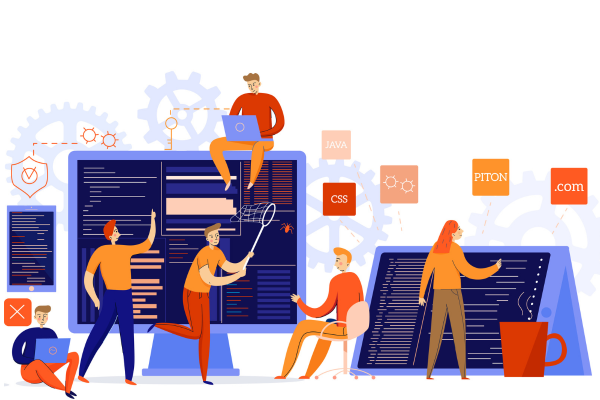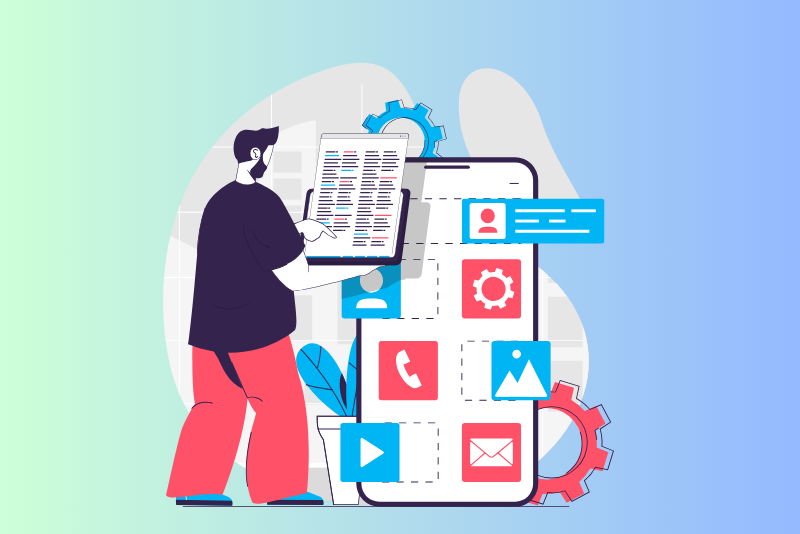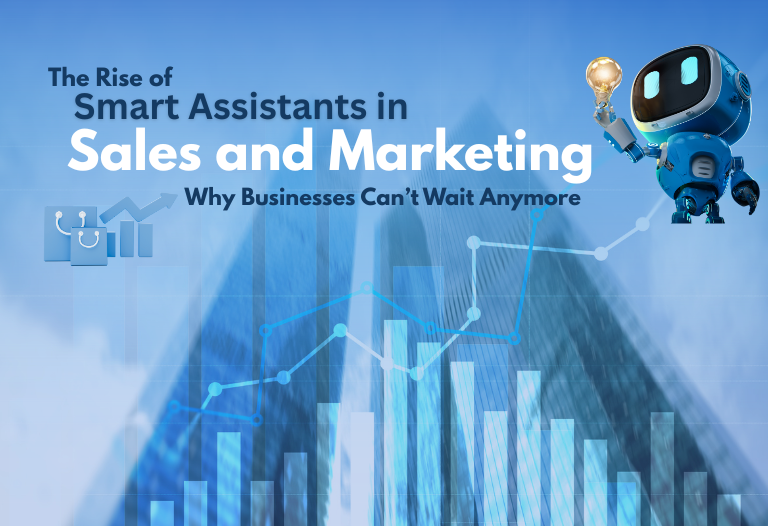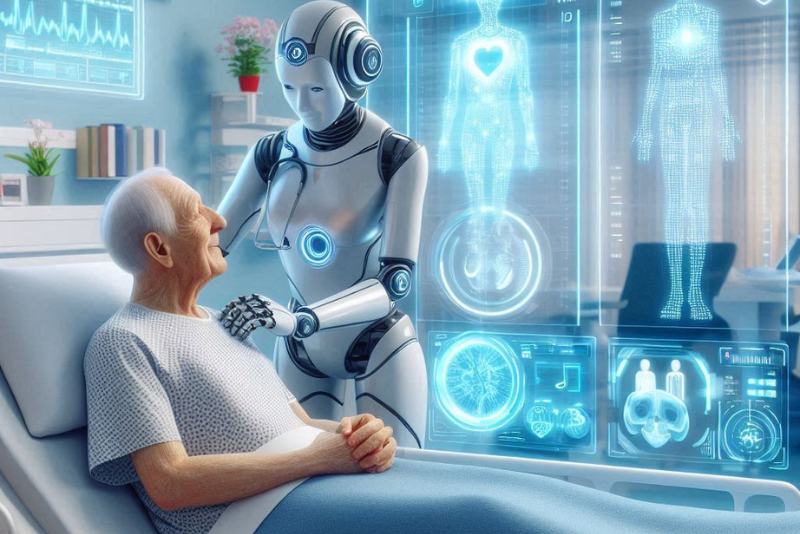
Software development is currently experiencing a major shift, as seen by a discreet but significant increase in sophisticated automation. This imminent transition has the potential to greatly simplify the development and deployment of high-quality apps on an unprecedented scale.
This progress is being driven by a confluence of technologies rather than a single technology. Artificial intelligence (AI) and digital twin technologies, platform engineering based on DevOps principles, chaos engineering techniques that improve resilience, and increased use of internal developer portals that boost productivity are all combined to revolutionize every aspect of software engineering.
The problem and potential come in properly using these capabilities to allow enterprises to create their DevOps culture. This shift will streamline software delivery by extending from cloud-based systems to edge computing platforms.
DevOps is being automated by AI and digital twins
AI is gradually invading application development tools and DevOps platforms. However, thus far, AI has been introduced quicker into development tools than it has into DevOps platforms, potentially creating an imbalance. The expansion of codebases is outpacing the capacity of DevOps teams to keep up.
However, next-generation DevOps systems that are AI-infused and run on the cloud are on the horizon. DevOps teams will be able to deliver apps that engage large language models (LLMs) utilizing natural language interfaces by early 2024. These LLMs will be trained to automate a wide range of manual processes, employing artificial intelligence (AI) for IT operations (AIOps) to eliminate bottlenecks that now plague application development.
Along with these significant AI developments, digital twin technologies are being used in application deployment. Higher degrees of abstraction will soon benefit DevOps teams through visual interfaces that ease DevOps workflow management. Models of IT infrastructures produced using digital twin technologies and seamlessly connected with automation frameworks are at the center of this effort. These models will soon be integrated into continuous integration and continuous delivery (CI/CD) platforms.
When combined with AI, these digital twin technologies will be able to deduce linkages between models on their own. They will produce code as needed and dynamically configure apps and infrastructure. Furthermore, real-time feedback loops will give information about configuration viability, increasing the transparency of deployment.
The goal is to offer a degree of abstraction for DevOps systems that removes a significant complexity. It will allow a larger range of enterprises to implement best practices in DevOps. In essence, DevOps is on the verge of a digital revolution, like the modernization of many other processes.
Developer productivity improves via platform engineering
DevOps is as much about culture as it is about tools and platforms. Platform engineering has arisen as a technique for centralizing DevOps operations and workflow management. It advocates for the abolition of duplicate DevOps platforms in favor of a uniform CI/CD platform that serves as a corporate standard. This method promises to handle DevOps procedures at scale while simultaneously lowering overall IT expenses.
Platform engineering is also significant in increasing developer productivity. A platform engineering team well-versed in DevOps best practices provides a developer portal that allows developers to self-service their requirements within clearly defined bounds, improving code quality and security. Platform engineers, as portal stewards, reduce the friction experienced by developers while creating and maintaining application development environments.
The integration of chaos engineering with CI/CD
None of these technological or cultural advancements will yield significant results until the IT ecosystem becomes more robust. Chaos engineering has arisen as a DevOps field that thoroughly analyzes distributed computing systems’ capacity to tolerate unexpected interruptions. This is accomplished by purposefully disturbing components.
Chaos Engineering provides DevOps teams with unique insights into their application environments by methodically identifying flaws, which can be used to improve everything from cybersecurity to cost efficiency.
The future has arrived
AI, digital twins, platform engineering, internal developer portals, and chaotic engineering, when combined, have the potential to drastically change software engineering. It is a DevOps transition that parallels the digital transformation of countless other activities. Adapting to the rapid speed of technical and process innovation inside devOps cultures will be difficult, as it always is.




 January 9, 2024
January 9, 2024









